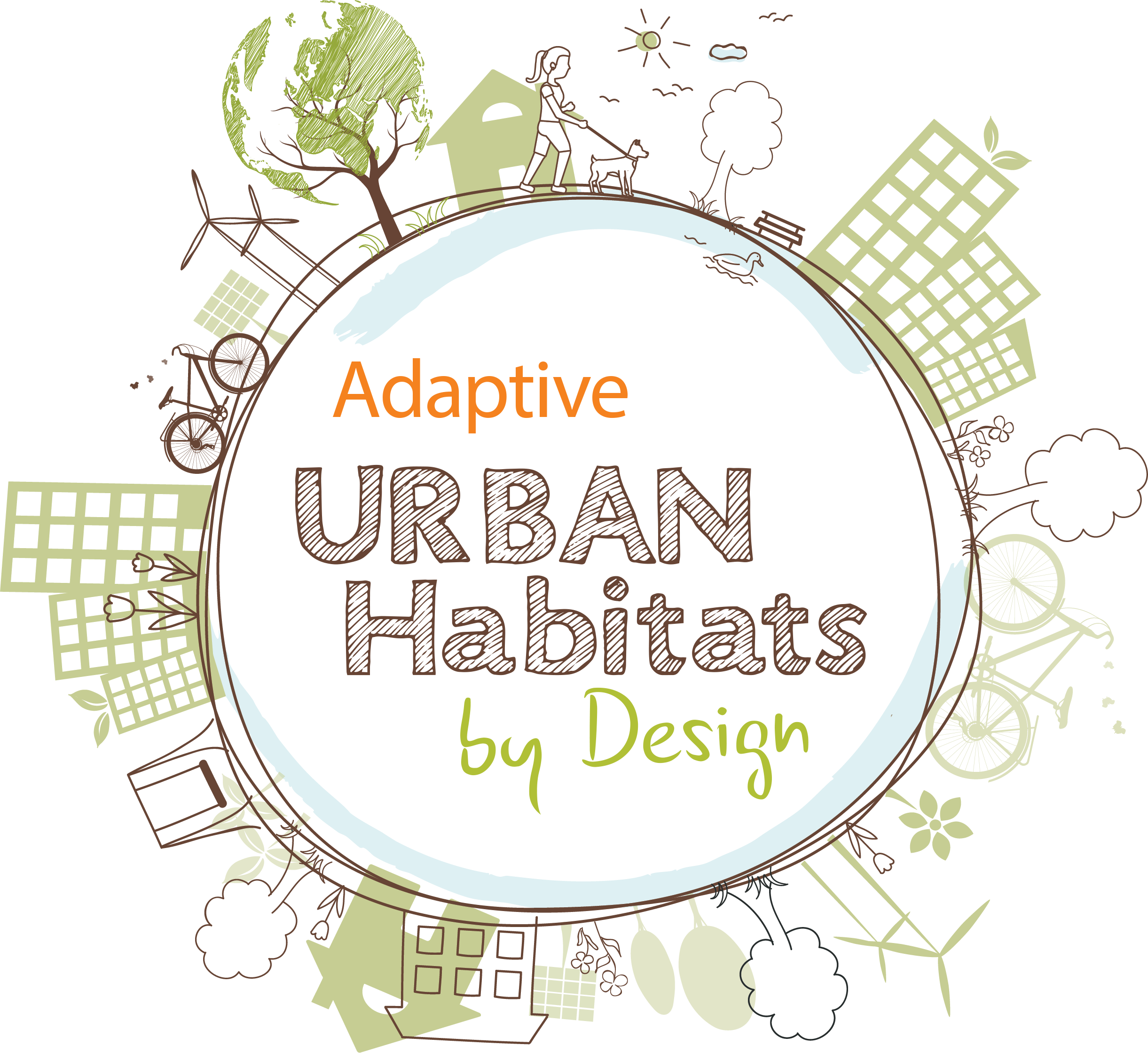 2018 Ontario Climate Symposium
2018 Ontario Climate Symposium
Whose Vision, Whose Voice, Whose City: Creating Possibility through Engagement
Back to the 2018 Ontario Climate Symposium Program
TRACK 1
Thursday, October 11, 2018
10:00 am to 12:00 pm | Room 230
Inclusive models of decision-making are often championed as pathways toward resilient and low-carbon (i.e., “climate-smart”) urban development.
In theory, social inclusion improves procedural justice by opening up the decision-making process to multiple voices and value systems, while also improving distributional justice to the extent that unintended outcomes and inequities might be foreseen and mitigated early in the decision-making process.
This two-part panel brings together critical perspectives on climate-smart urban development and “creating possibility through engagement,” with particular emphasis on the role of “inclusion” and participatory governance models at different scales of interaction and analysis.
Speakers bring first-hand experience working with different communities of citizens, stakeholders and officials in Ontario to formulate shared visions, align actions across a wide range of contexts, and to build consensus through a common goal and objective.
MODERATOR
Amanda Kennedy | Kennedy Consulting
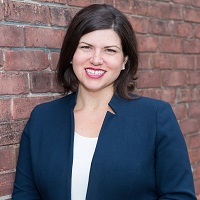 Amanda Kennedy is a Toronto-based facilitator and public engagement specialist. Amanda is the principal consultant and owner of Kennedy Consulting. Amanda supports clients on complex, community-based projects with a primary focus on climate change and energy.
Amanda Kennedy is a Toronto-based facilitator and public engagement specialist. Amanda is the principal consultant and owner of Kennedy Consulting. Amanda supports clients on complex, community-based projects with a primary focus on climate change and energy.
PART I: WHOSE VISION, WHOSE VOICE, WHOSE CITY
Panelists
Kirby Calvert | Assistant Professor, University of Guelph
Changing urban-rural connections through low-carbon energy transitions and the role of inclusive planning processing in fostering stronger urban-rural relationships
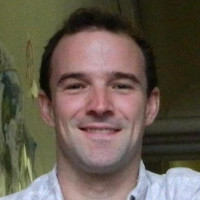 Kirby Calvert’s teaching and research program addresses questions surrounding energy and energy transitions through a geographic lens. He is currently studying how and in what ways the implementation of renewable energy (RE) technologies is impacting patterns of land-use, resource management, and energy system governance.
Kirby Calvert’s teaching and research program addresses questions surrounding energy and energy transitions through a geographic lens. He is currently studying how and in what ways the implementation of renewable energy (RE) technologies is impacting patterns of land-use, resource management, and energy system governance.
He is also applying geospatial information technologies to help facilitate informed decisions for renewable energy implementation and community energy planning (e.g., area-based resource assessments and spatial planning scenarios).
Craig Johnson | Professor, University of Guelph
The changing role of transnational city-networks in the context of facilitating more inclusive forms of governance
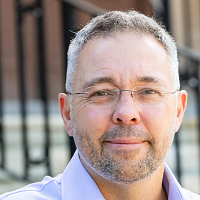 Dr. Craig Johnson is Professor of Political Science at the University of Guelph. He holds a PhD in International Development from the London School of Economics (LSE), and has taught at the LSE, University College London and the University of Oxford.
Dr. Craig Johnson is Professor of Political Science at the University of Guelph. He holds a PhD in International Development from the London School of Economics (LSE), and has taught at the LSE, University College London and the University of Oxford.
Dr. Johnson has published widely in the field of international development, focusing primarily on questions of urbanization, decentralization and environmental governance in South Asia, Southeast Asia and Latin America.
His latest book is The Power of Cities in Global Climate Politics, which was published in 2018 with Palgrave/MacMillan.
Laura Tozer | Durham University
How and by whom urban nature is ‘valued’ in the process of developing nature-based solution to urban sustainability
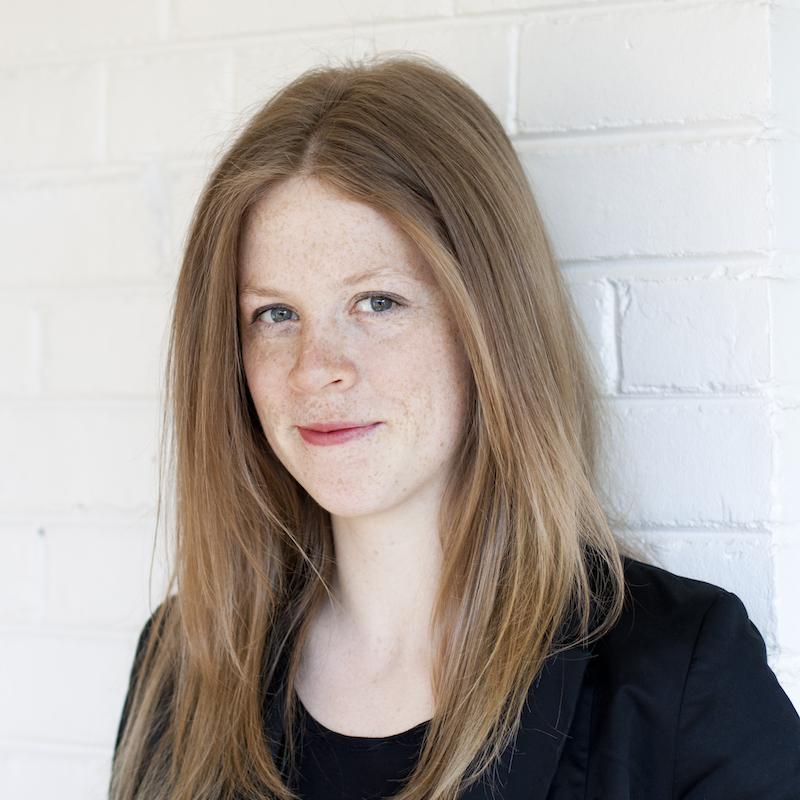 Laura Tozer is a Postdoctoral Research Associate at Durham University, UK. Her research focuses on how to catalyze low carbon and urban sustainability transformations, particularly by finding ways to accelerate the implementation of nature based solutions, renewable energy, and building energy efficiency in cities.
Laura Tozer is a Postdoctoral Research Associate at Durham University, UK. Her research focuses on how to catalyze low carbon and urban sustainability transformations, particularly by finding ways to accelerate the implementation of nature based solutions, renewable energy, and building energy efficiency in cities.
PART II: CREATING POSSIBILITY THROUGH ENGAGEMENT
Panelists
Kevin Best | Rivercourt Engineering
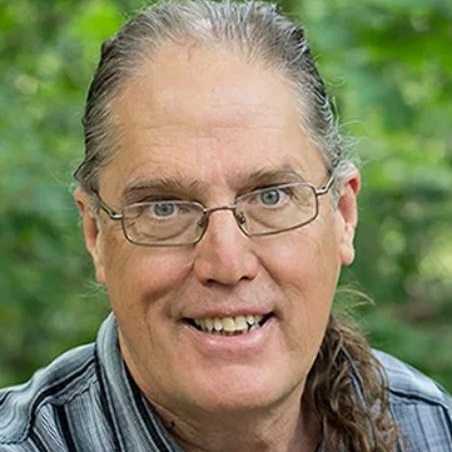 Producer, consultant, activist and businessman, Kevin Best has been a fierce champion of environmentalism and a proponent of indigenous causes throughout his varied, dynamic career — and, since 1975, has been considering the establishment of communities and asking questions about how to save the world.
Producer, consultant, activist and businessman, Kevin Best has been a fierce champion of environmentalism and a proponent of indigenous causes throughout his varied, dynamic career — and, since 1975, has been considering the establishment of communities and asking questions about how to save the world.
Kevin and his colleagues at Rivercourt Engineering have long been voices for the realization of a sustainable culture and infrastructure through integrated, holistic approaches. Kevin compliments this commitment with his comprehensive knowledge of organizational structure and 40-year involvement in social and environmental causes.
Liz Couture | Unify Toronto
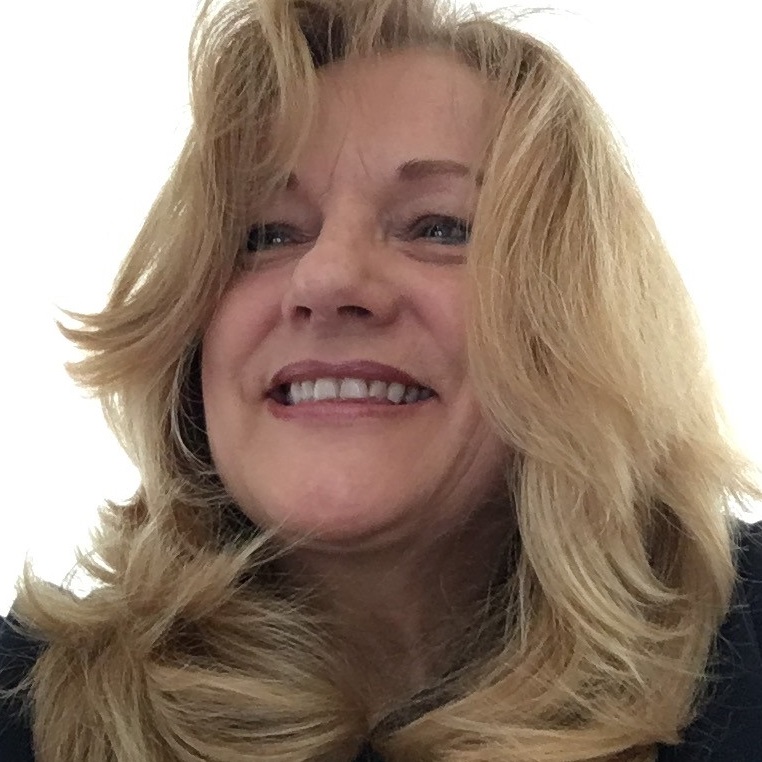 Liz Couture is a member of the Unify Toronto core team, bringing the Drawdown program to Toronto communities through Paul Hawken’s 2017 bestseller DRAWDOWN: The Most Comprehensive Plan Ever Proposed to Reverse Global Warming.
Liz Couture is a member of the Unify Toronto core team, bringing the Drawdown program to Toronto communities through Paul Hawken’s 2017 bestseller DRAWDOWN: The Most Comprehensive Plan Ever Proposed to Reverse Global Warming.
“Ms Liz,” as her students call her, is a piano teacher in Richmond Hill, north of Toronto. She is a volunteer lobbyist with the Citizens’ Climate Lobby, was a former Steering Committee Member in Transition York Region, has experience in Ontario provincial politics as the Central Ontario Regional Representative and as a member of the Campaign Committee. Liz also ran as the Richmond Hill Green Party Candidate in 2007.
Peter Jones | Managing Partner, Redesign Network
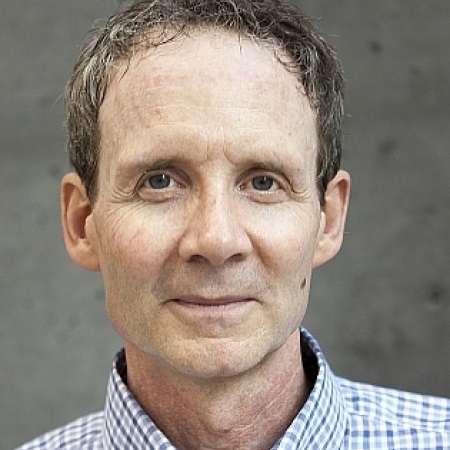 Dr. Peter Jones is an innovation advisor who founded the Redesign Network in 2001 (in the US) and moved the firm to Toronto, where he leads product and system design for healthcare, public health, and information services. Redesign facilitates system-level (systemic) design for communities, organizations, and stakeholder groups, and conducts strategic foresight for visioning and planning.
Dr. Peter Jones is an innovation advisor who founded the Redesign Network in 2001 (in the US) and moved the firm to Toronto, where he leads product and system design for healthcare, public health, and information services. Redesign facilitates system-level (systemic) design for communities, organizations, and stakeholder groups, and conducts strategic foresight for visioning and planning.
Peter is an associate professor at OCAD University, where he teaches in the Strategic Foresight and Innovation and Design for Health graduate programs, and leads innovation research and community engagement through the Strategic Innovation Lab (slab.ocadu.ca).
Peter founded and facilitates a community dialogue program known as Design with Dialogue, held monthly since 2008 at OCADU. He was a founder of the Systemic Design Research Network (SDRN) and is a co-chair of the international Relating Systems Thinking and Design Symposium.
Julius Lindsay | City of Mississauga
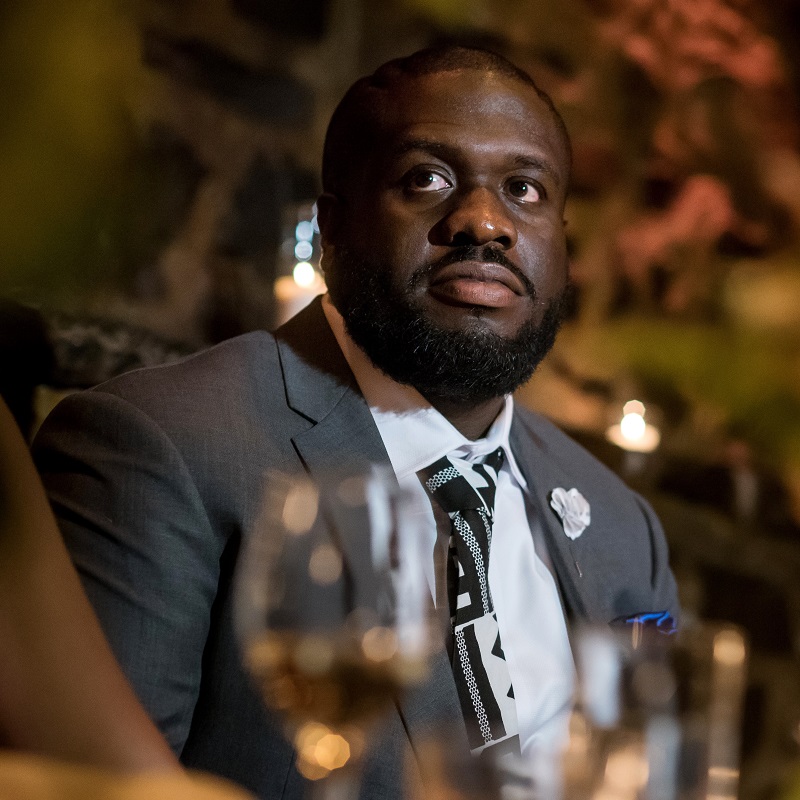 Julius Lindsay is a Community Energy Specialist for the City of Mississauga. He has extensive experience engaging stakeholders in environmental initiatives, both in his current role and in his former position with Infrastructure Ontario.
Julius Lindsay is a Community Energy Specialist for the City of Mississauga. He has extensive experience engaging stakeholders in environmental initiatives, both in his current role and in his former position with Infrastructure Ontario.
From modeling greenhouse gas (GHG) emissions and performing vulnerability assessments to developing energy and sustainability plans, Julius has a wealth of experience in environmental management that he actively shares with his peers in the Partners for Climate Protection network.
